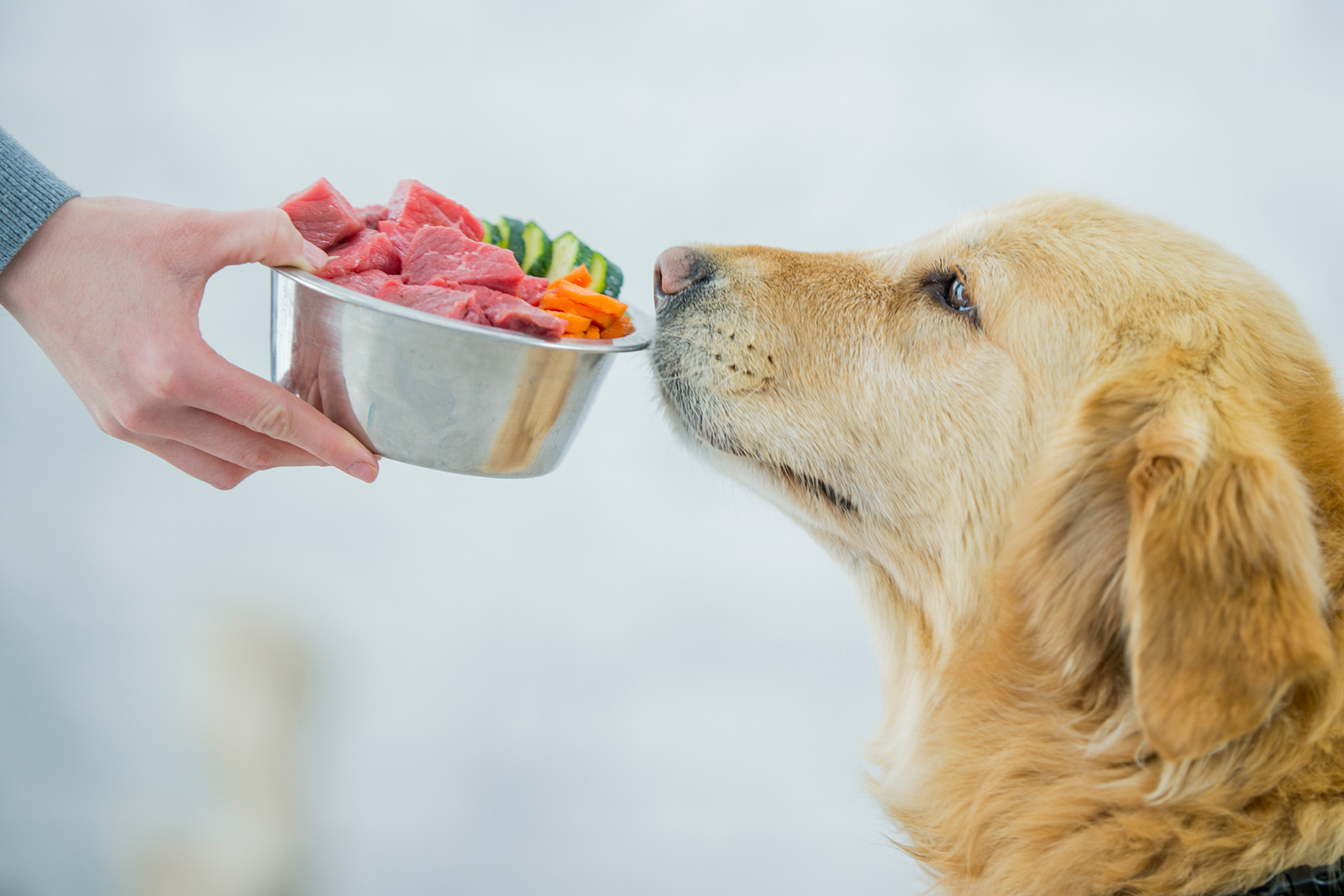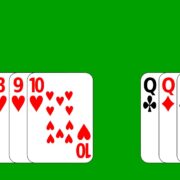
As a pet owner, it’s natural for you to inquire to your veterinarian about the right diet for your dog. It’s imperative to feed the right amount of nutrients to your dog. This ensures that it would be able to maintain its overall wellbeing and health condition. However, you should have a comprehensive understanding of your dog’s nutritional needs, so that you can arrange the right kind of dog food. Moreover, you need to keep tweaking the diets as your pet goes through biological evolution.
In this post, the experts have briefed you up about the right composition of food to keep your dog healthy.
Key nutrients that your canine friend would need
When it comes to proper canine nutrition, you should take care to include these dietary components in the means.
- Proteins
Proteins foster the growth of tissues and muscles in dogs, besides healing damaged tissues. They are made of amino acids and involve complex molecules. Considering the need for cell maintenance, repair, and growth, you cannot possibly overlook proteins.
Moreover, dogs need substantial amounts of proteins to maintain their hair and fur. This requirement accounts for around 30% of the daily protein consumption of the dog.
- Fats
Canine diets should definitely include fats, that constitute the prime source of concentrated energy. Besides, fats provide the necessary fatty acids, that serve as the building blocks of essential substances to maintain healthy body cells.
- Carbohydrates
The digestive system of your pet can break down carbohydrates and convert the same to glucose. This generates glucose, enabling your pet to obtain the necessary energy to carry out its daily activities. When you purchase dog food, make sure that carbohydrates are available in a suitable form.
- Vitamins
These synthetic derivatives or organic substances are necessary for the body to carry out its normal functions. Besides, vitamins aid the process of converting calories to obtain energy. The intake of adequate vitamins also strengthens the immunity and enables the pet carry out different body processes.
- Minerals
Dogs need inorganic nutrients in the form of minerals. Remember, minerals compose less than one percent of the overall bodyweight of your dog. However, they are essential for them to carry out several important body functions. At the same time, proper mineral intake fosters proper health and keeps the bones strong in dogs.
Choosing the right food for puppies
Specially formulated puppy foods are available with the reputed suppliers. For puppies, the need for calories is twice per pound, considering their overall body weight compared to adults. When the pup reaches four weeks of age, its mother’s milk would prove to be inadequate. At this stage, you need to switch to specially formulated dog food.
However, some dog breeds habitually overeat, and you need to consult your vet regarding the number of calories. In a nutshell, puppy food should include around 30% protein. Do not overfeed your pet, expecting fast growth. The rate at which your puppy grows depends on its breed.
Choosing the right food for adult dogs
You need to be specific with your choice of adult dog food, as each pet has unique needs. Experts recommend pet owners choose established brands for dog food. This ensures the availability of all types of food for your dog, including proteins. You can also go for dry or canned food, which might be a good choice for your pet. Make sure that the dog food provides your pet with adequate nutritional value to meet its caloric needs. At the same time, branded dog foods ensure holistic wellness in dogs, besides lifting their spirits. Be careful about the choice of dog food brands, so that your pet benefits from authentic and healthy meals.






